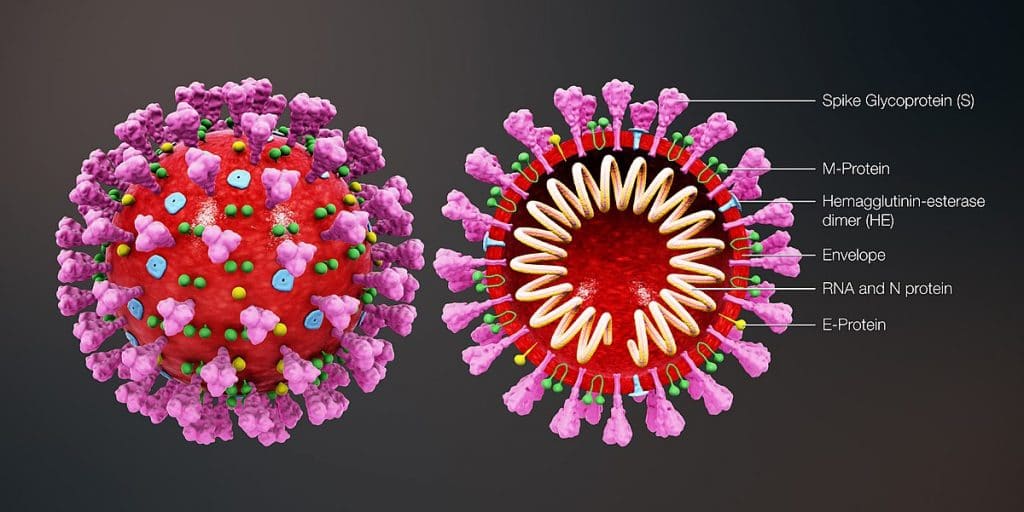Manas Dasgupta
NEW DELHI, July 1: Even as the Delta variant of COVID-19 globally spread much rapidly than all other variants of the deadly virus last week, the World Health Organisation (WHO) has taken it out of the list of “Variants of Concern” (VOC).
“The Delta Plus variant of the coronavirus is not presently a “variant of concern” for the WHO and its numbers are still low, the WHO Chief Scientist Dr Soumya Swaminathan said on Thursday.
The latest WHO report had earlier stated that the Delta variant spread much more rapidly than any other variants of the deadly virus.
It pointed out that while in the past week (June 21-27, 2021), cases of Alpha variant further spread to two new countries, Beta and Gamma variants to one new country each, the Delta variant spread to 11 new countries. So far the Alpha variant have been reported in 172 countries, Beta in 120 countries, Gamma in 72 countries, and Delta in 96 countries.
However, the experts said the prevalence of Delta variant in 96 countries as on June 29 could be an underestimate as sequencing capacities needed to identify variants were limited. As it is though, a number of these countries were attributing surges in infections and hospitalizations to this variant.
It may be mentioned that ever since WHO designated Delta (B.1.617.2) on May 11, 2021, as a variant of concern due to evidence of increased transmissibility, the increase in its effective reproduction number compared with Alpha variant (B.1.1.7) is estimated to be 55%.
WHO said the Delta variant is expected to rapidly outcompete other variants and become the dominant variant over the coming months. It further stated that well into the second year of the COVID-19 pandemic, the global situation remains highly fragile. While at the global level, trends in cases and deaths have been declining in recent weeks, there is significant variation by region, by country and within countries.
Incidentally the tools that exist today—including individual-, community level-public health and social measures, infection prevention and control measures, that have been used since the beginning of the pandemic—remain effective against current variants of concern, including the Delta variant, WHO said that the increased transmissibility of VOCs means that measures may need to be maintained for longer periods of time.
While taking a note of countries moving in and out of restrictions of varying stringency over the past 18 months, and now many facing considerable pressure to lift any remaining public health and social measures, the WHO warned that improper planning or assessment of risk of transmission provide opportunities for the virus to spread. What is more concerning is that even as the gap in vaccine administration between high- and low-income countries is starting to shrink due to the delivery of vaccines through the COVAX facility, the majority of the world’s population still remains susceptible to SARS-CoV-2 infection and at risk of developing COVID-19.
Meanwhile, Dr Swaminathan also said there was “no logic” for some nations blocking Covishield from their vaccine passport programme, which would allow hassle-free travel during the pandemic.
This was done mostly on a technicality since the AstraZeneca vaccine was available under a different brand in Europe,” Dr Swaminathan said.

